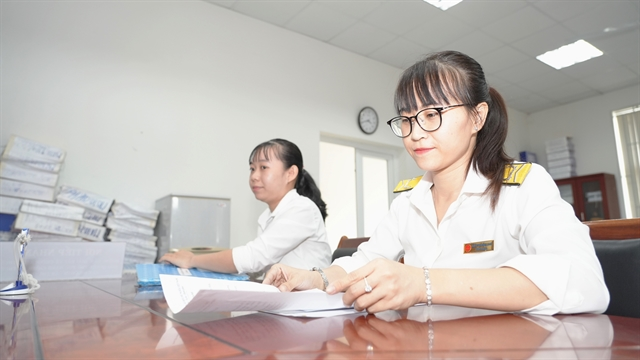The latest survey by the Vietnam Chamber of Commerce and Industry (VCCI) shows that Vietnam’s business environment has improved significantly due to a series of reform measures, with easier access to information, lower informal costs and improved administrative efficiency.

Hanoi – Vietnam’s business and investment environment has improved significantly under sustained reform efforts, according to the latest survey by the Vietnam Chamber of Commerce and Industry (VCCI). Access to business-related information and regulations has become easier, informal costs have been reduced, and administrative efficiency has improved.
Since the beginning of this year, the business community has witnessed policy improvements from regulators, with the government actively addressing outdated regulations and simplifying administrative procedures. However, companies still have high expectations for reforms, hoping to resolve bottlenecks in regulations.
A major concern remains fire safety regulations, including specifications for fire retardant coatings, fire ratings, fire separations and water supply system requirements, which pose significant barriers to business. Many completed buildings are left idle due to non-compliance with regulations, causing huge losses to businesses and society.
To address these issues, national regulatory agencies have initiated dialogues with industry associations and businesses to discuss revising fire regulations to help businesses clear obstacles.
Transit cargo regulations also pose challenges to the logistics industry. Đào Trọng Khoa, president of the Vietnam Logistics Enterprises Association, said Vietnamese transport companies face penalties for violating transit cargo regulations, but they do not have the authority to verify the specific contents of the goods, while the cargo information in the customs declaration is provided by partners.
Environmental fees for emissions are another obstacle and may overlap with environmental protection laws.
Đậu Anh Tuấn, deputy secretary-general and head of the legal department at the VCCI, said that while economic instruments are essential for environmental protection, companies already bear several environmental responsibilities, covering the costs of solid waste, wastewater and hazardous waste.
Vietnam has implemented the Environmental Protection Tax Law, which imposes taxes on major emission sources such as oil and coal. The current environmental protection law stipulates the issuance of environmental permits, clarifies the standards for emission volume and emission quality, and establishes automatic and regular monitoring measures.
Most companies already comply with these obligations, which allows government agencies to collect enough data to tax emissions rather than input fuels.
Tuấn added that although relevant departments have reviewed and developed measures over the past three years to try to reduce and simplify various requirements related to businesses, these efforts have not yet met the expectations of businesses. He expressed hope that reforms will continue to be promoted to address investment barriers and business restrictions.







